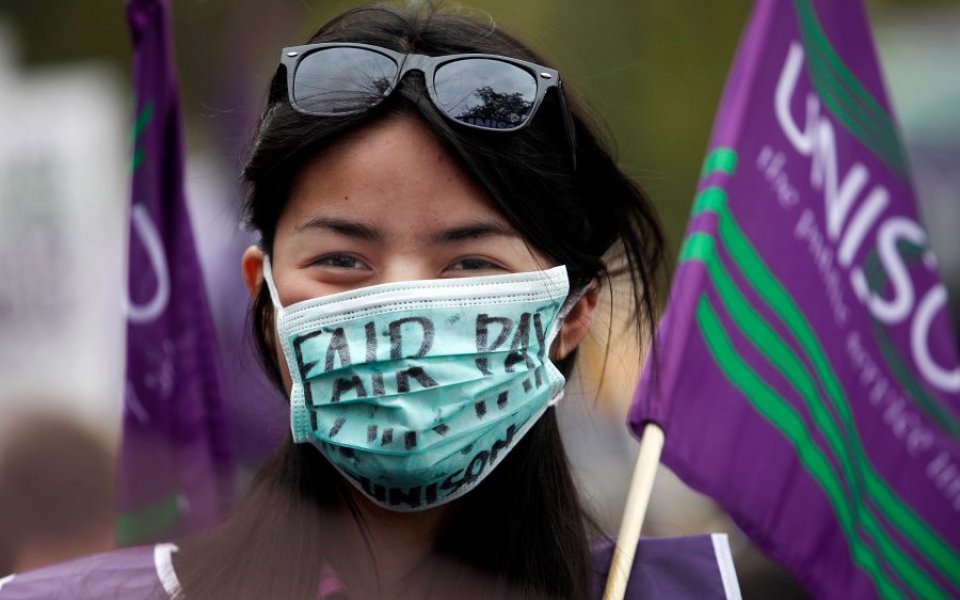Wage gap blues: The gender pay gap is actually making women depressed, researchers find

The fact that women are still getting paid less than men for the same work is quite literally depressing, according to a new study linking the gender pay gap to higher rates of depression in women.
UK women earn around 80 pence for every £1 men take home, and change is happening at something of a glacial pace, with recent estimates from the World Economic Forum suggesting the global pay gap will take another 118 years to close.
Women are about twice as likely as men to suffer from depression, and now Columbia University researchers have found evidence suggesting the pay gap between men and women is causing mood disorders.
The study discovered that women earning less than their male counterparts are four times more likely to be diagnosed with anxiety, and 2.5 times as likely to develop depression.
Researchers surveyed 22,000 American adults in full-time and part-time work, comparing men and women with similar education and work experience.
When women’s income was equal to their male colleagues, their increased risk of depression disappeared, and the probability of developing anxiety fell sharply.
Lead author Jonathan Platt said in an interview on Columbia’s website that this was a clear indication that the pay gap had both “material and psychosocial consequences”:
Our results show that some of the gender disparities in depression and anxiety may be due to the effects of structural gender inequality in the workforce and beyond.
The result may be of particular interest to women working in the City, as this is (proud?) home to the UK’s biggest wage gaps in terms of pounds earned. Men working in the City of London earn a median salary £21,070 higher than women, meaning women are taking home just 66.6 per cent of what their male colleagues earn.